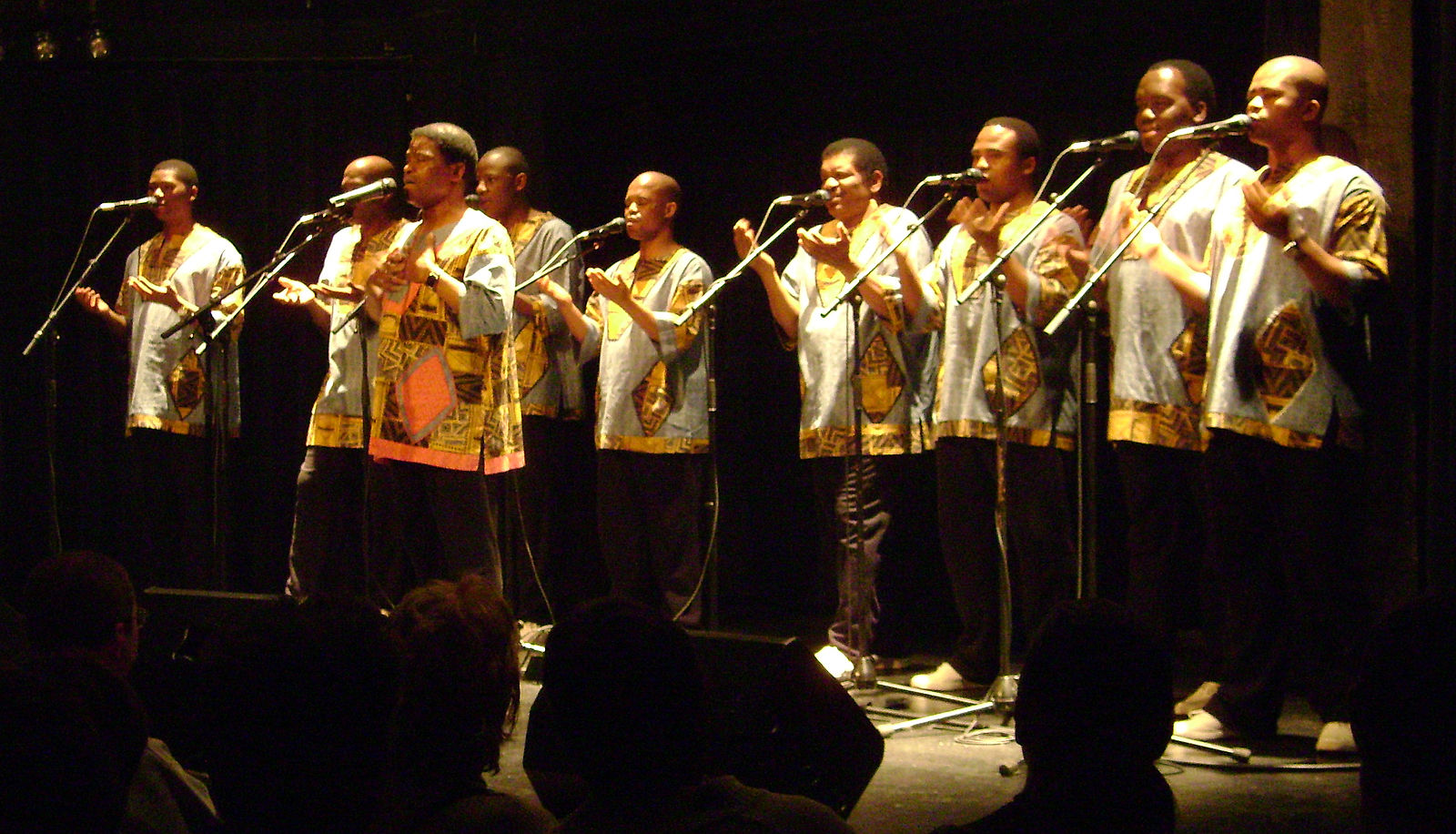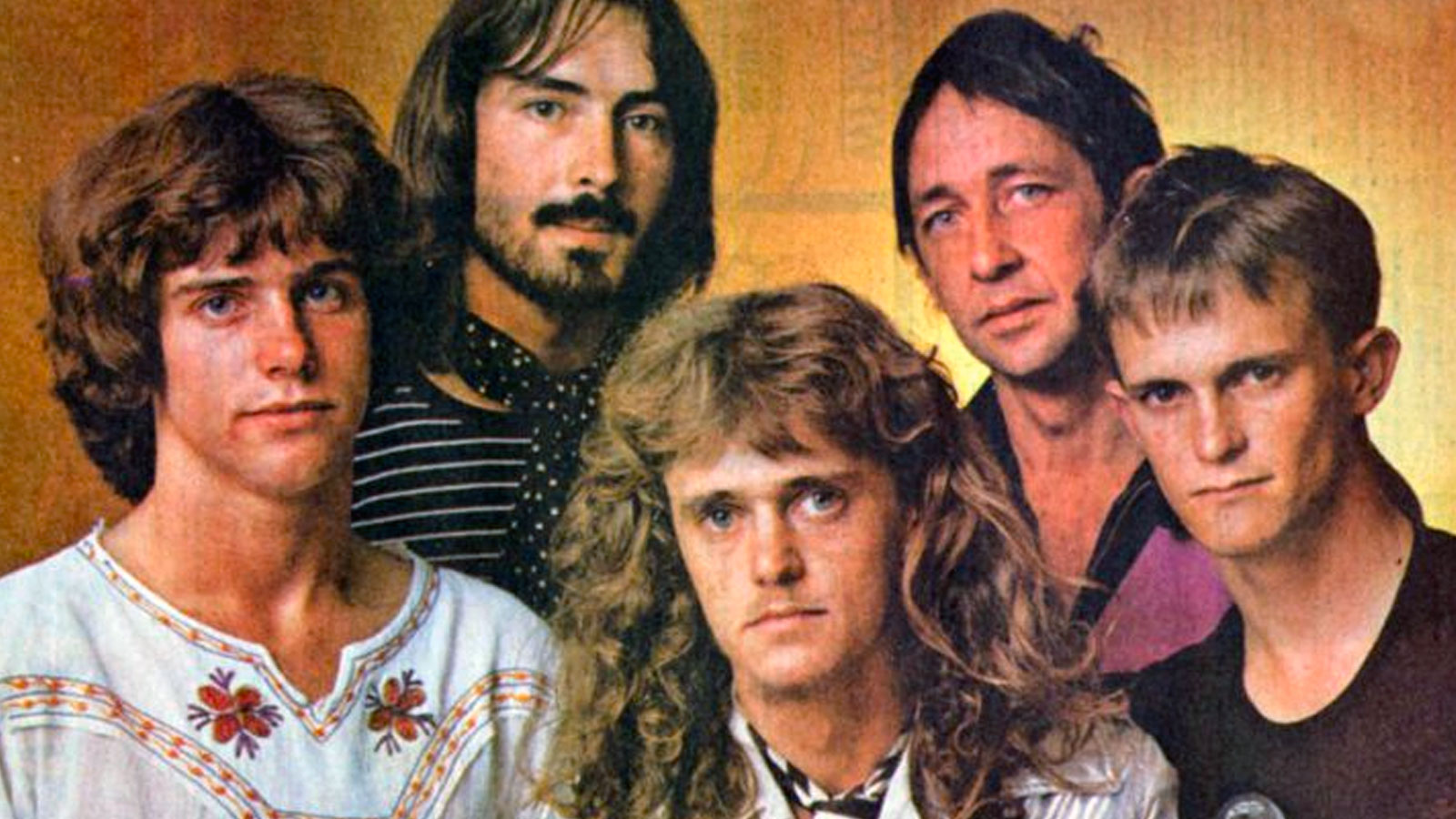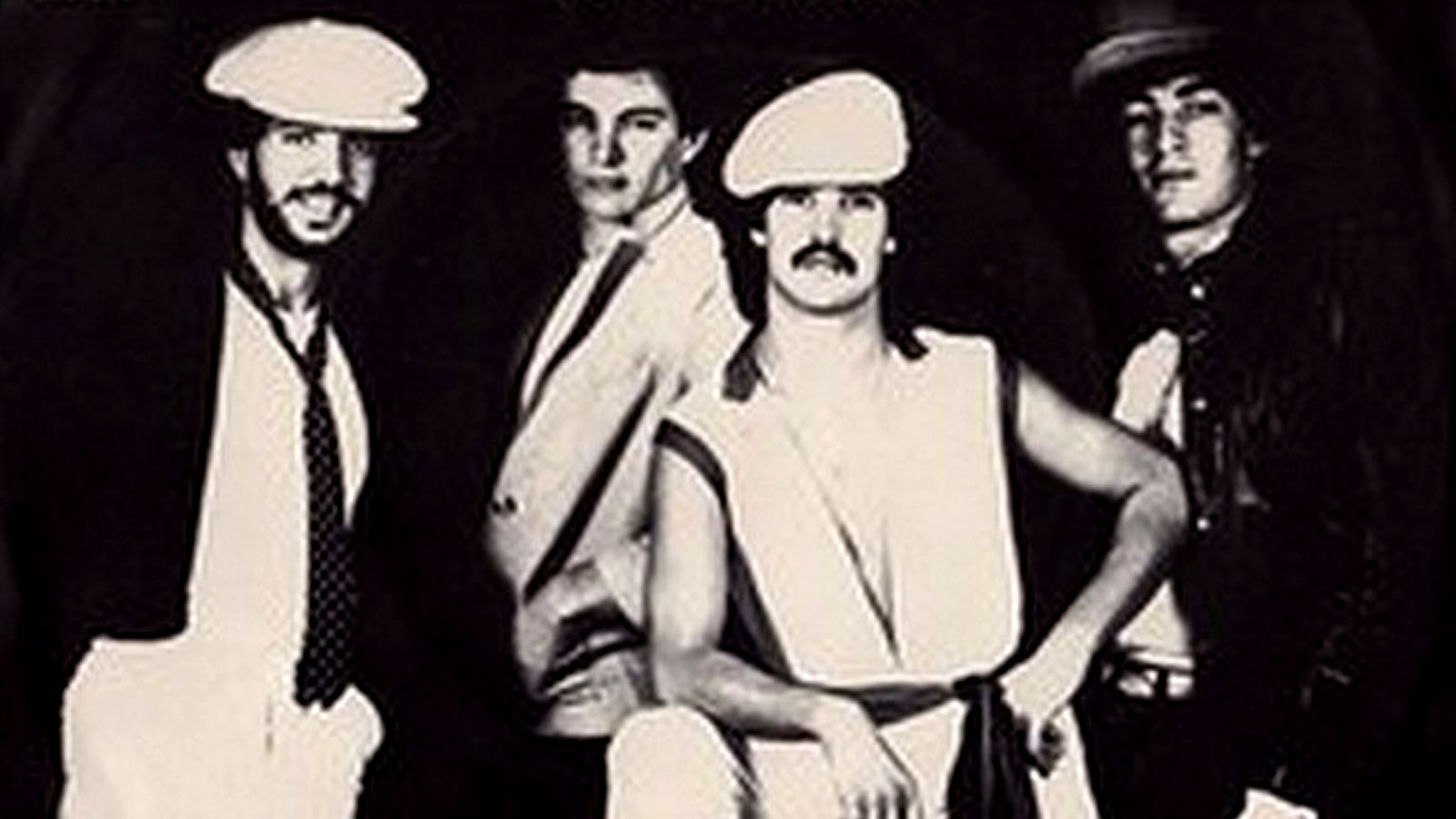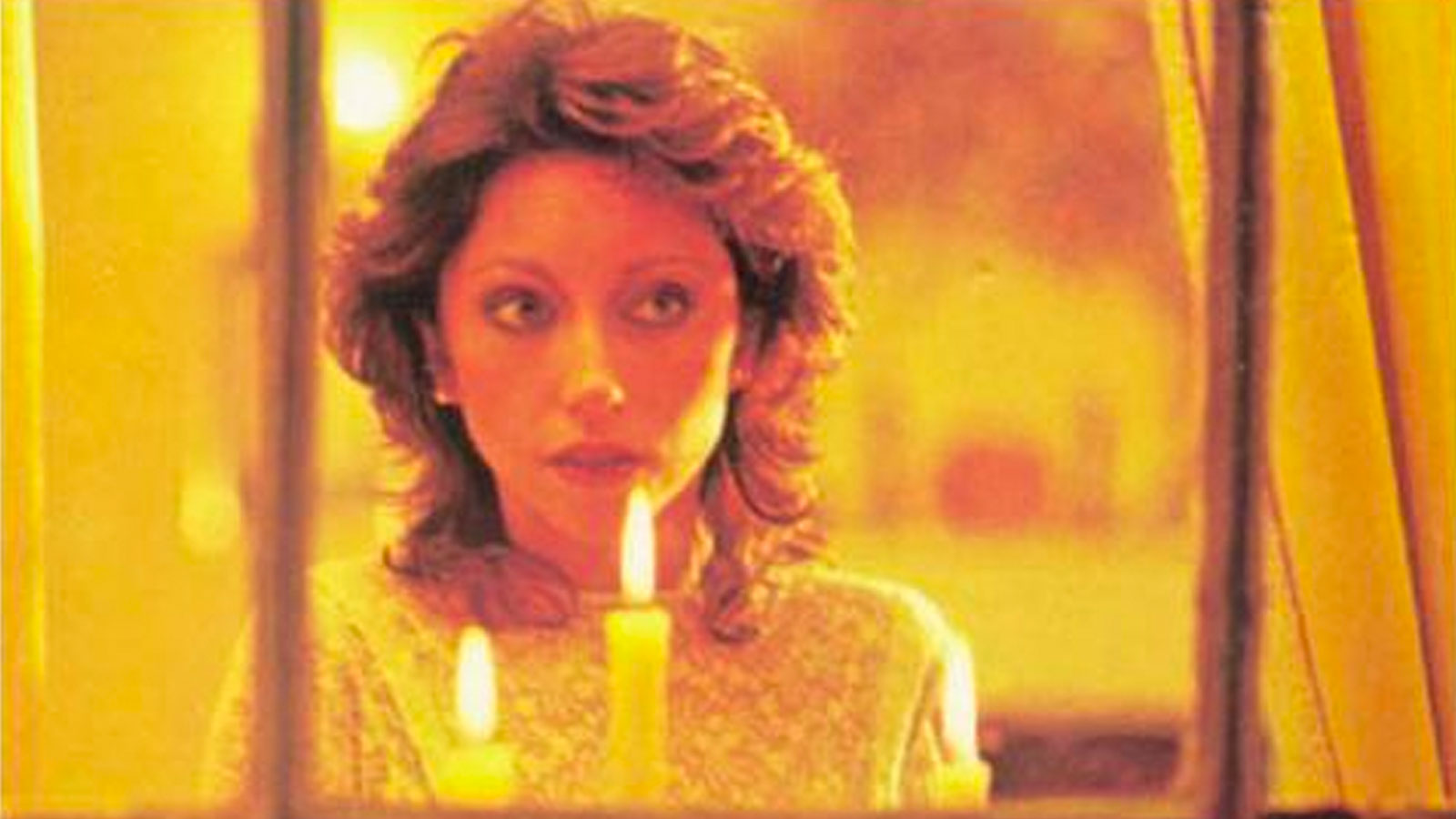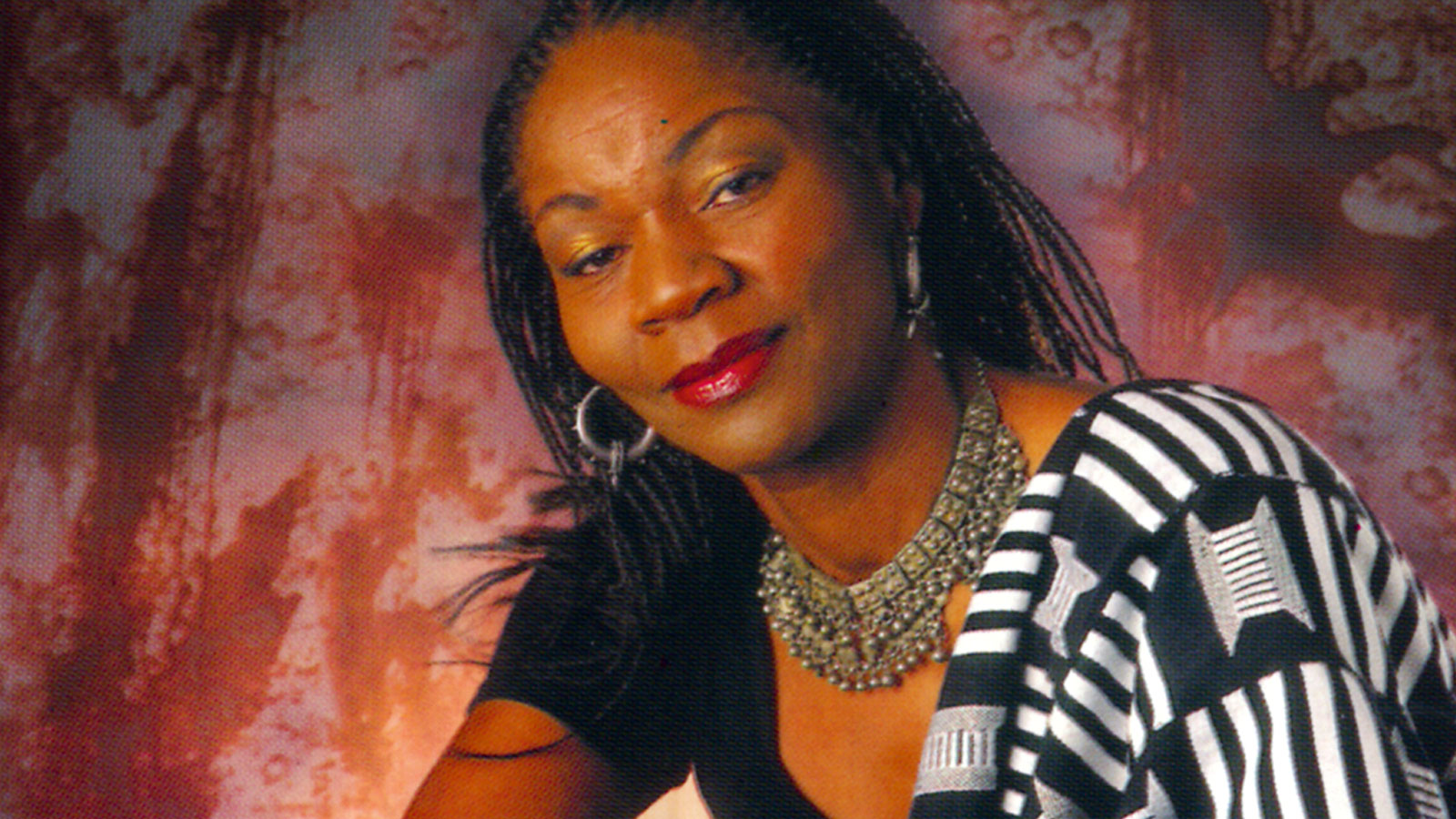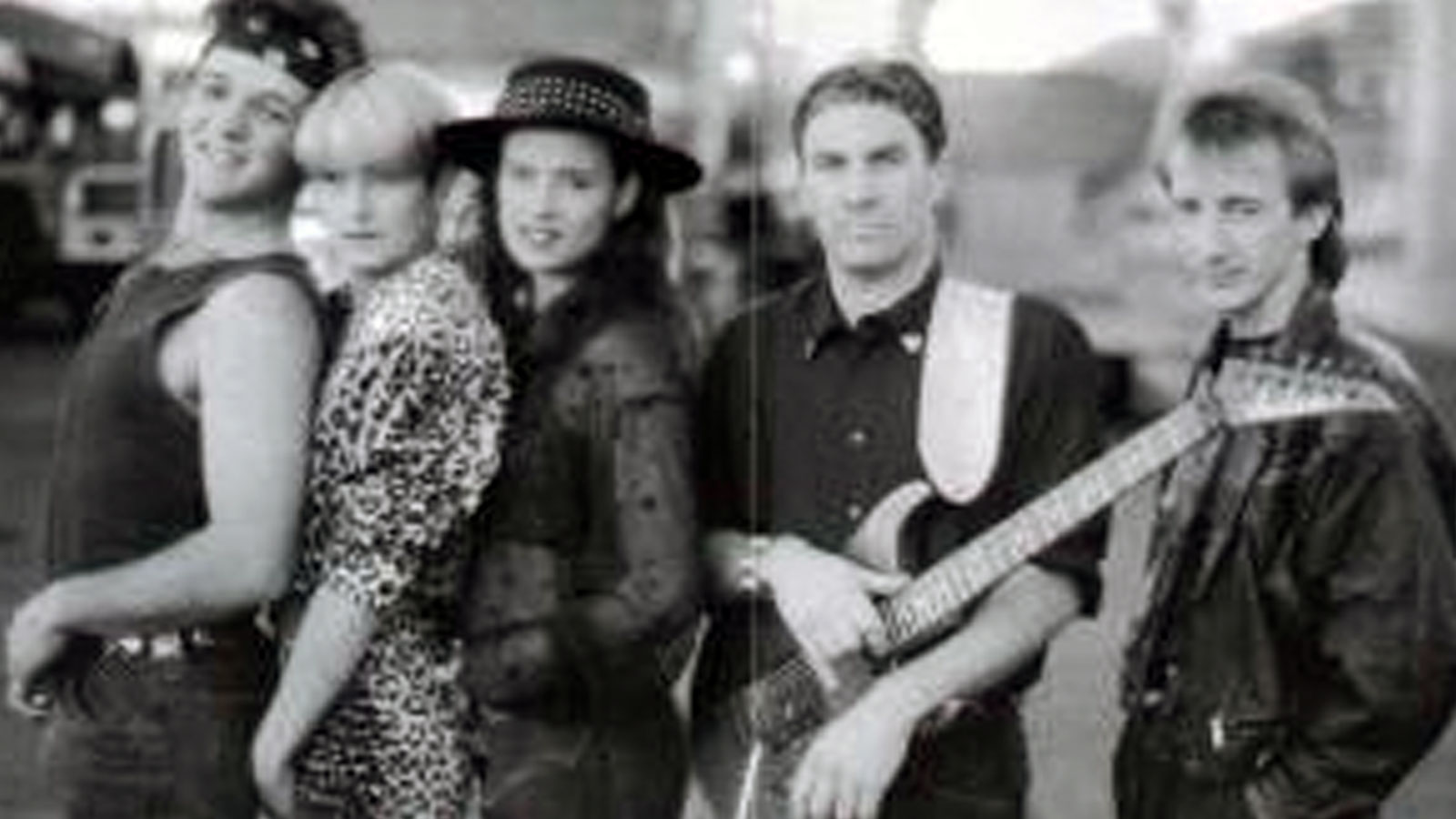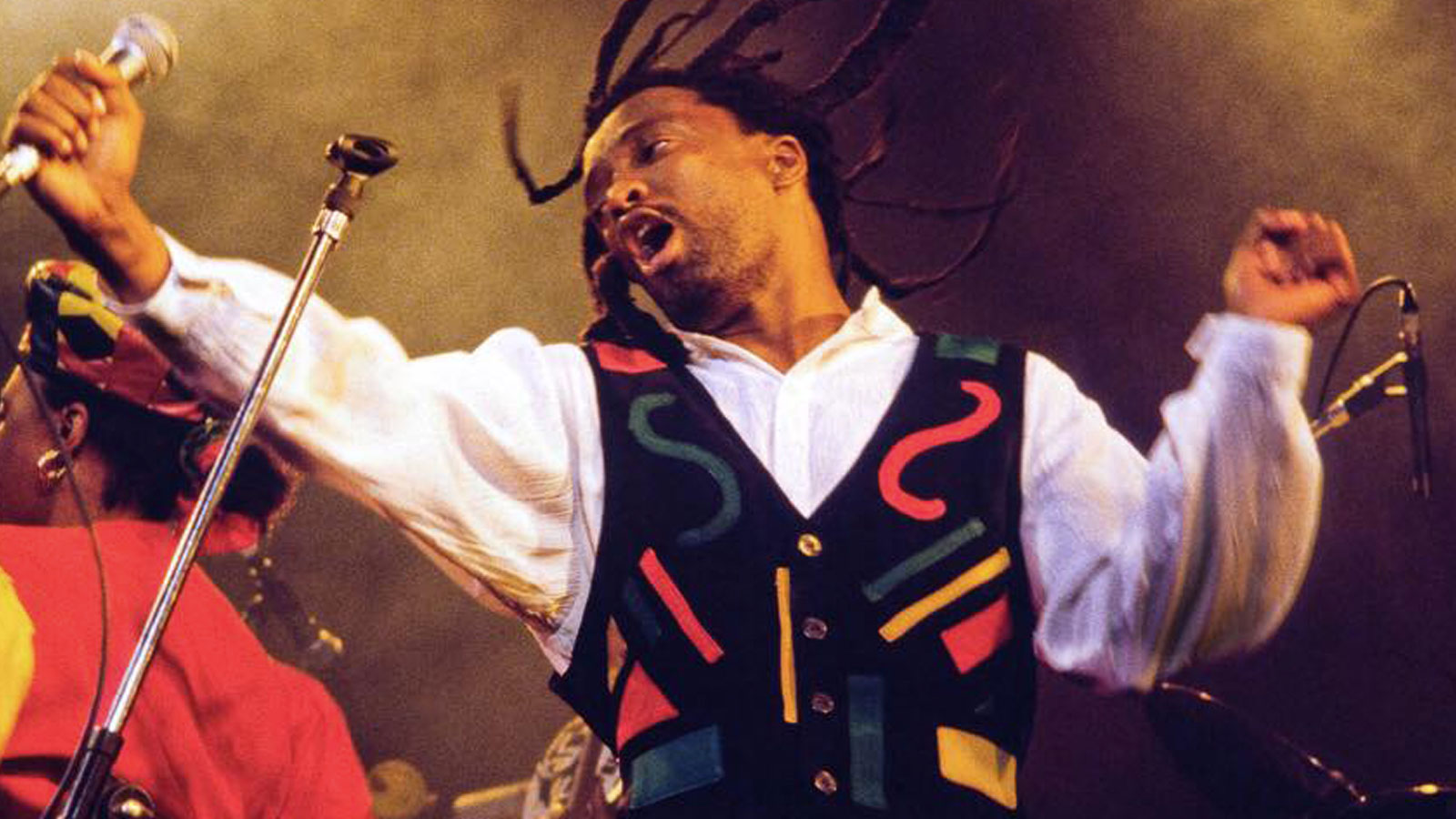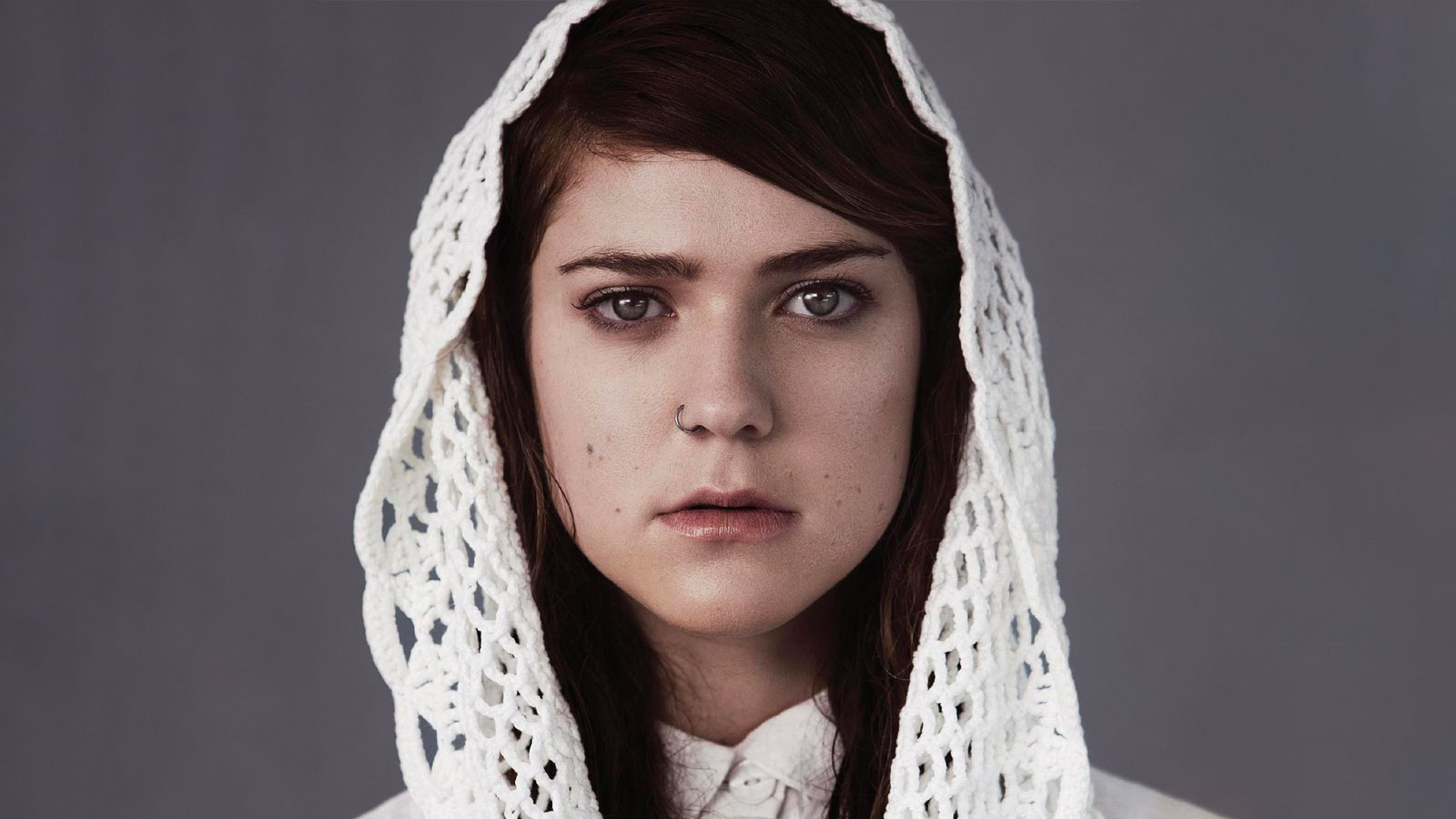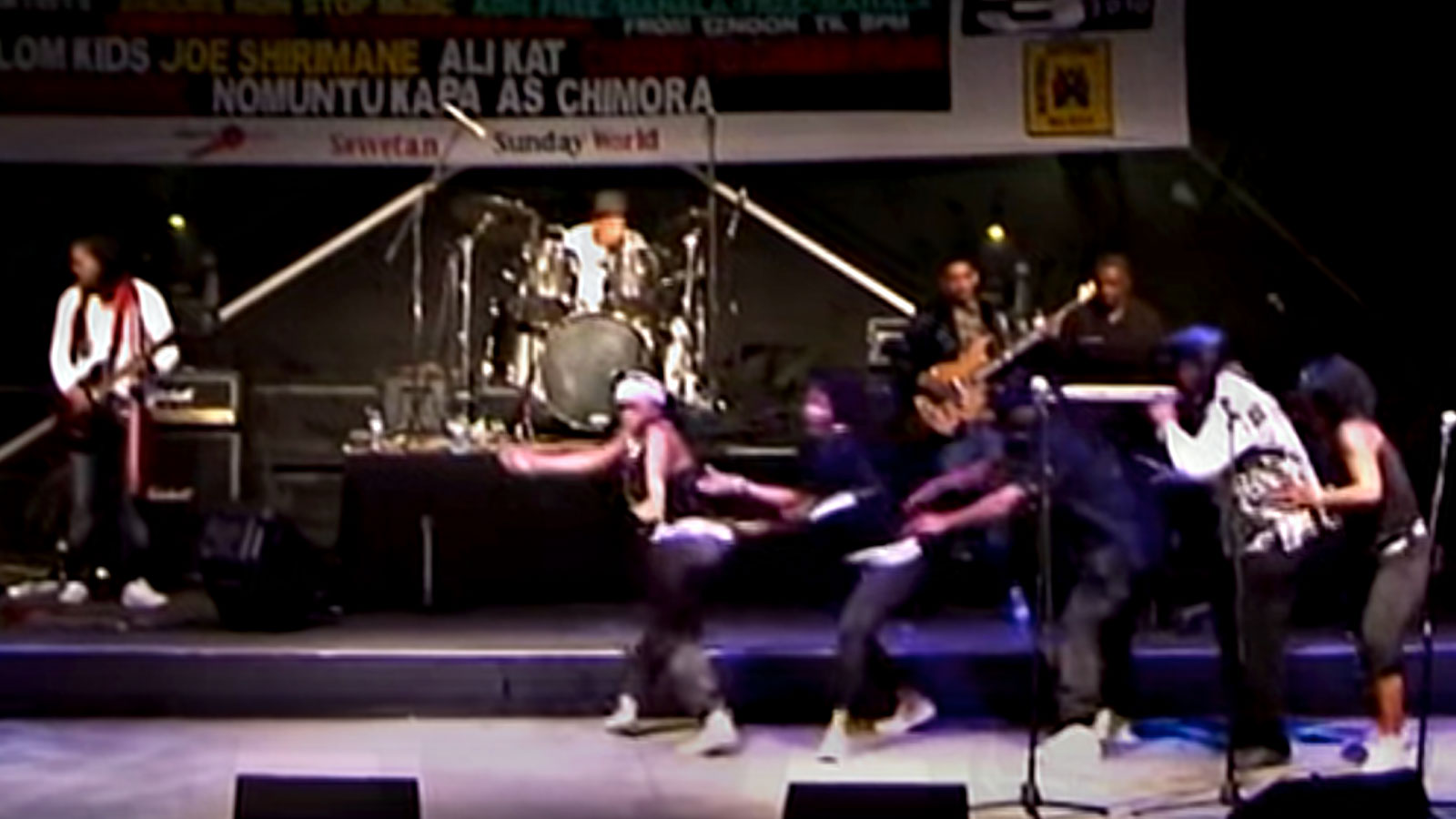Ladysmith Black Mambazo is a South African male choral group known for singing in the local vocal styles of isicathamiya and mbube. Founded by Joseph Shabalala in 1960, the group gained international recognition after collaborating with Paul Simon on his 1986 album, Graceland. They have won multiple awards, including five Grammy Awards, and have dedicated their fifth Grammy to the late former President Nelson Mandela.
Prominent Members include Joseph Shabalala (Founder and Musical Director), Albert Mazibuko, Russel Mthembu and Jabulani Dubazana.
Notable Albums:
- Amabutho (1973)
- Ukukhanya Kwelanga (1975)
- Ukusindiswa (1976)
- Phansi Emgodini (1981)
- Graceland (with Paul Simon, 1986)
- Shaka Zulu (1987, Grammy Award Winner)
The group was offered a recording contract by Gallo Record Company, South Africa’s largest record label, in 1973. Their first release, Amabutho (1973), sold over 25,000 copies, becoming the first release by Black musicians in South Africa to achieve gold status. Their early recordings, made for Gallo’s ‘black music’ division Mavuthela Music Company, sold very well.
In 1975, Shabalala converted to Christianity, and the group released their first religious album, Ukukhanya Kwelanga, which earned a double platinum disc award. Their repertoire came to be dominated by hymns, mostly Methodist. Their 1976 album, Ukusindiswa, became one of their most popular religious albums. By 1981, the group was well known throughout South Africa and was allowed to travel to Cologne, Germany. They toured the country, appeared on television, and even learned some of the German language, including a German-language song, “Wir Grüssen Euch Alle,” in their 1981 album Phansi Emgodini.
Ladysmith Black Mambazo has since released over fifty studio recordings, along with numerous compilations, cassette tapes, videotapes, and DVDs. The group also established the Ladysmith Black Mambazo Foundation, a music academy promoting and teaching isicathamiya music to young South African children.


